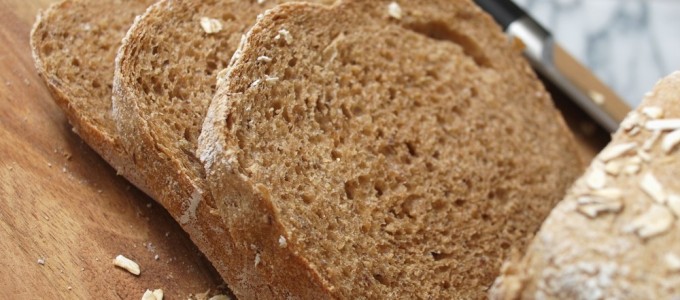Before we start, here is what you need to know about me. Though this is indeed Science on Tap, and though I was indeed invited here by the College of Physicians, I am neither a scientist nor an M.D. I am a food blogger, a folklorist, a historian, and — if anything — a fermentation enthusiast. This means that what I am interested in is people — how people use fermentation, how they have used it in the past, and how it works as a technology that improves quality of life, and the flavor and longevity of whatever it is folks are eating.
Fermentation is a bit of a popular topic right now. Alternet, the online indy reporting outfit and sometime light-news rag, called it their number one top food trend of 2013. In December of last year, they wrote:

